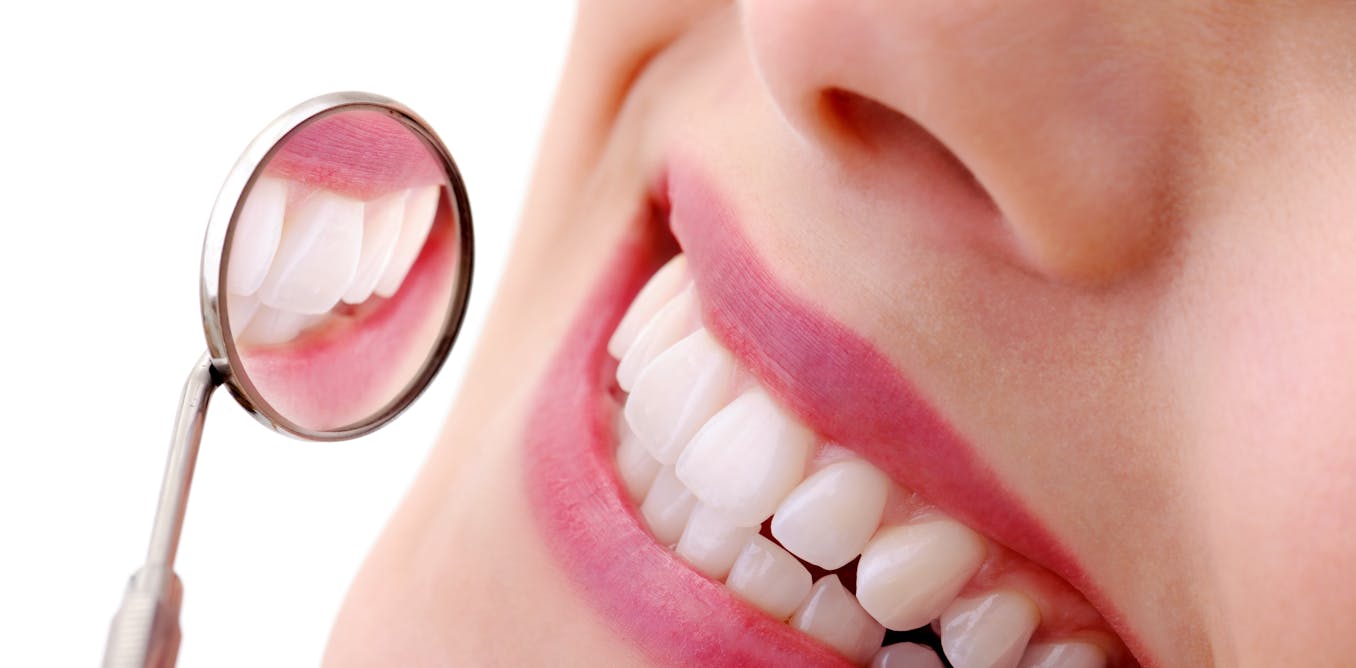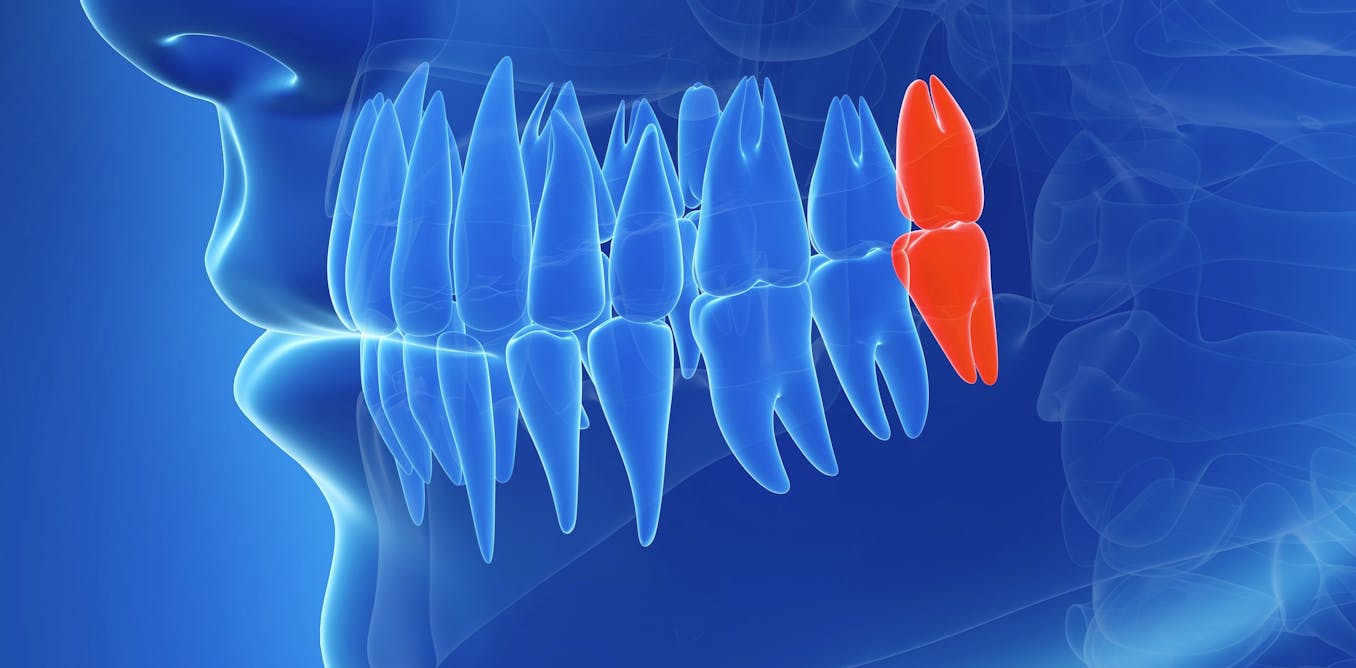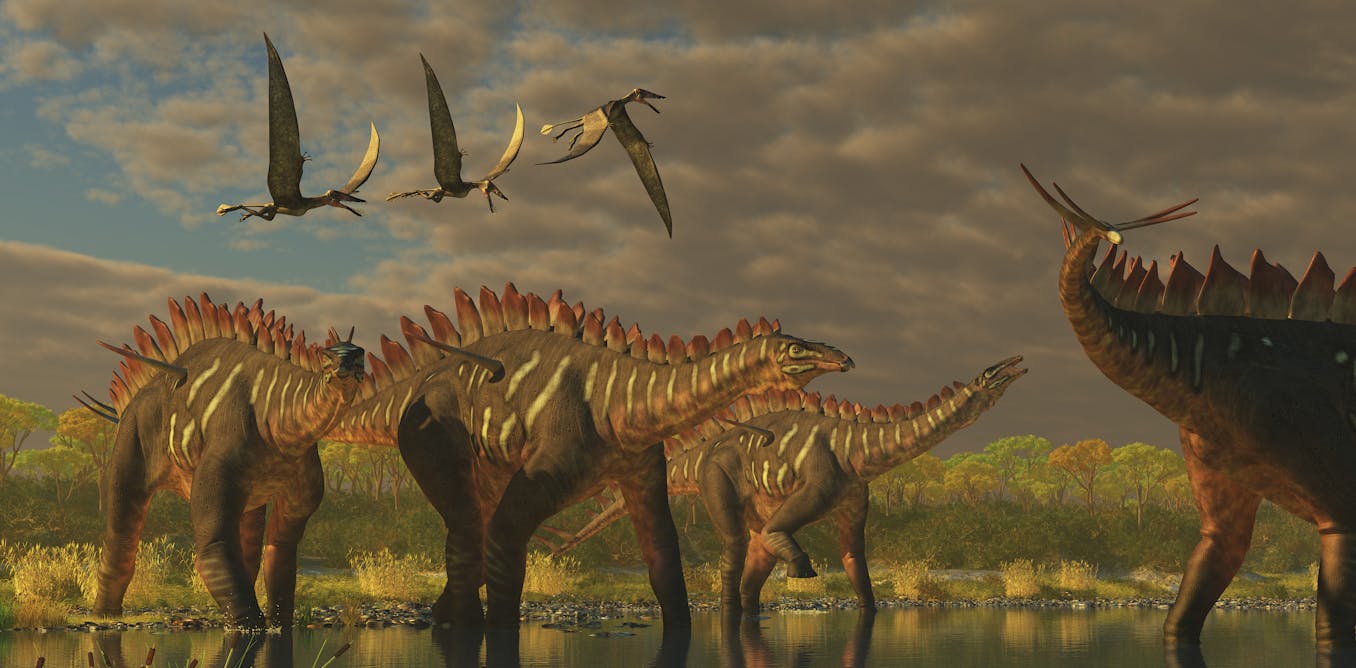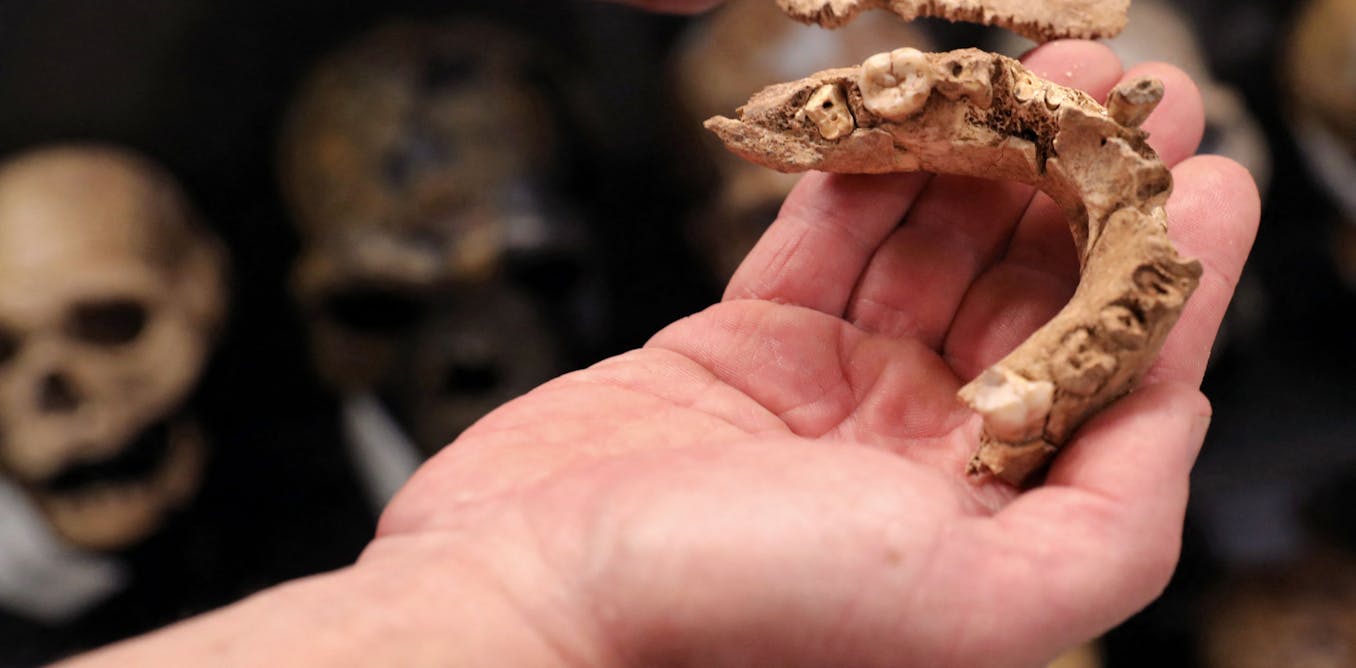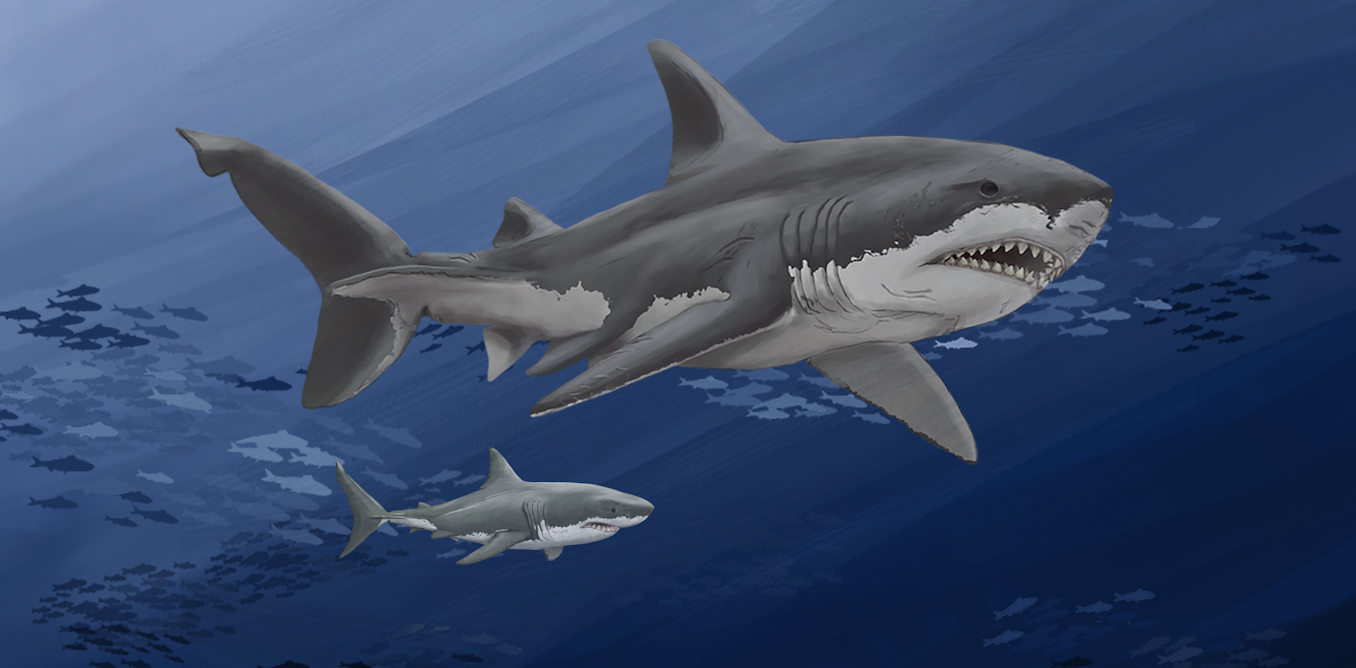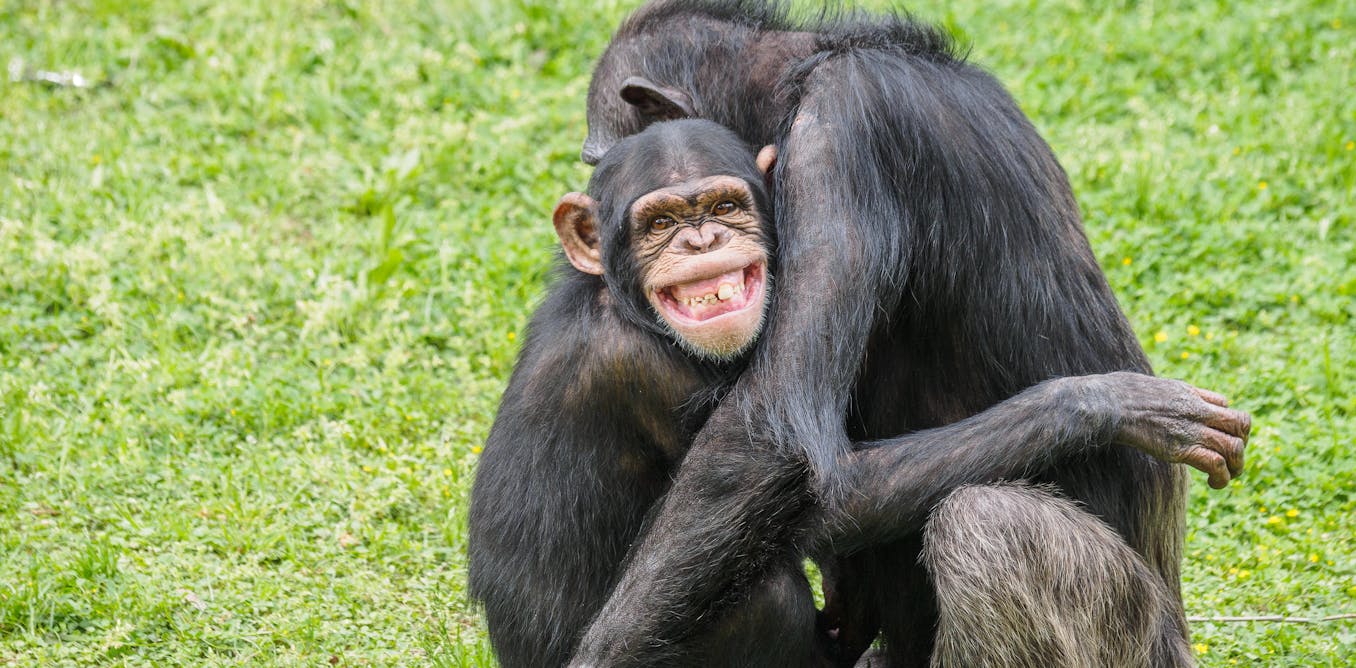Healthy teeth are wondrous and priceless – a dentist explains why and how best to protect them
The durability and longevity of teeth lie in the complex interplay between six different tissues, all of which play an intricate role in tooth formation and health.
May 2, 2024 • ~8 min

